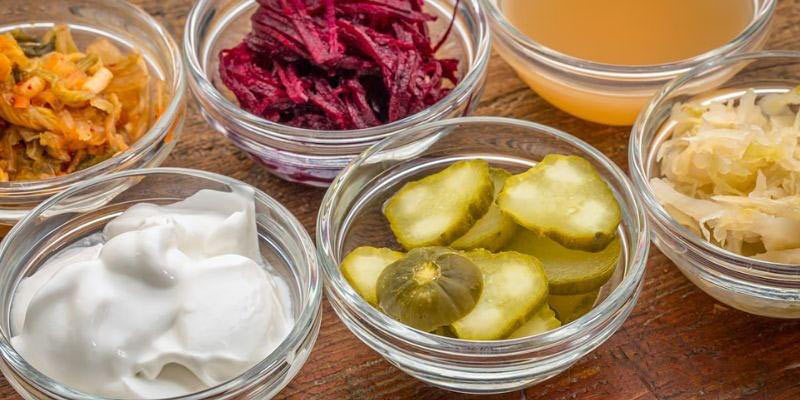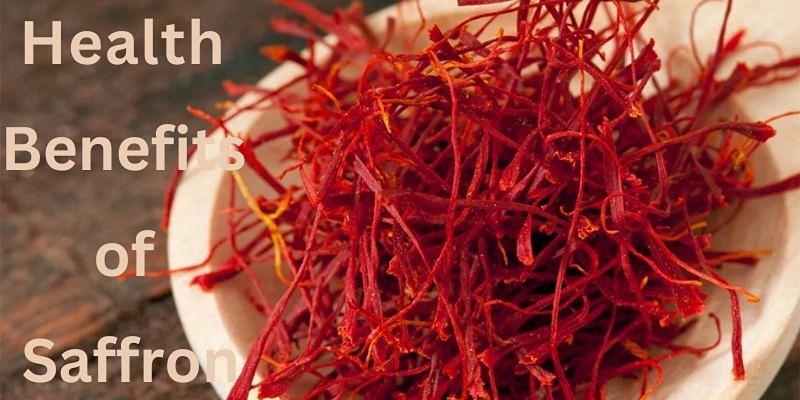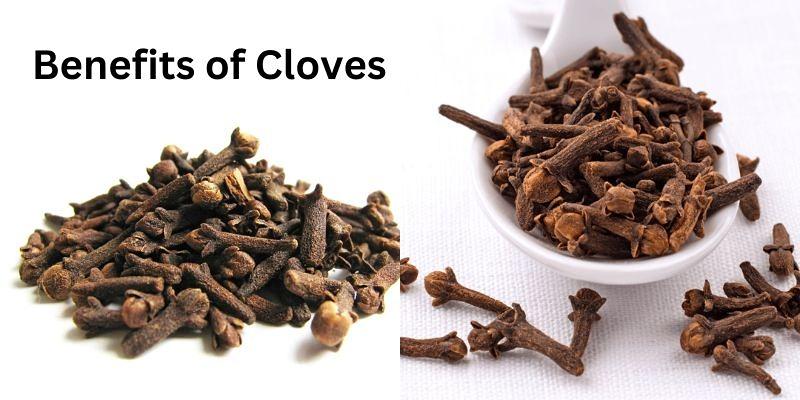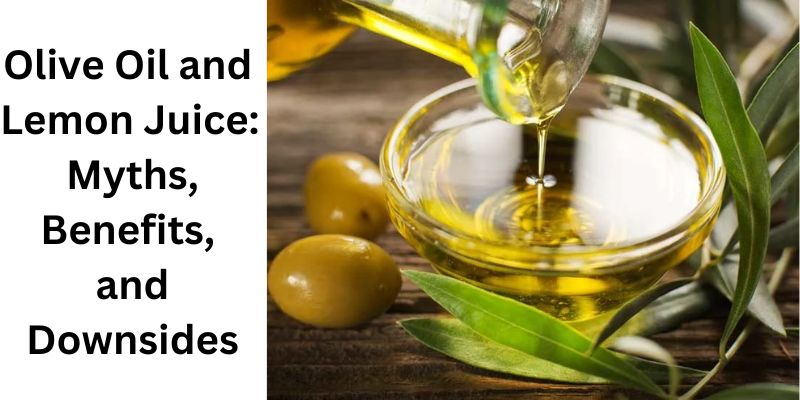Fermented foods have been around since the beginning of civilization and were used to preserve food before refrigeration. The traditional method of fermenting involves a microbial process that converts carbohydrates into alcohol or organic acids, producing unique flavors and improving nutritional value.
This ancient practice is still popular today because it offers many health benefits, including improved digestion and increased probiotic content in the gut. Fermented foods can help us better absorb key nutrients from plant-based sources and provide beneficial bacteria as part of an overall healthy lifestyle.
In this blog post, we'll examine the many benefits associated with fermented foods and discuss some easy ways to add them to your diet.
8 Fermented Foods and Drinks to Boost Digestion and Health
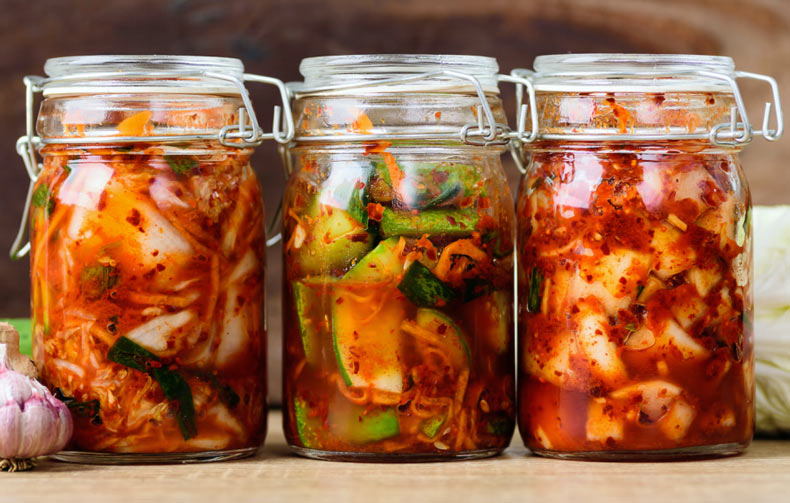
Fermented foods and drinks are becoming increasingly popular for their health benefits. They've been consumed for centuries in cultures worldwide but have recently gained more attention in mainstream culture. Fermented foods and drinks offer a variety of health benefits, including improved digestion, increased immunity, better nutrient absorption, and even better oral health.
Here are eight fermented foods and drinks to add to your diet for improved health:
1. Sauerkraut:
This pickled cabbage is rich in probiotics, which help promote healthy gut bacteria.
2. Kefir:
A fermented milk drink made from cow's or goat's milk contains much more beneficial bacteria than plain yogurt.
3. Yogurt:
A fermented dairy product that contains beneficial bacteria, which can help improve digestion and boost immunity.
4. Kimchi:
A Korean dish made from fermented cabbage rich in probiotics and vitamins.
5. Kombucha:
A popular fermented tea drink with a slightly sweet taste, often flavored with herbs and spices.
6. Miso:
A fermented paste made from soybeans that has a salty flavor can be used as a condiment or added to soups for extra flavor.
7. Tempeh:
A fermented soybean cake that is high in fiber and protein, with a nutty flavor.
8. Pickles:
Pickles made from cucumbers pickled in vinegar and water are a common favourite.
With so many health advantages, these fermented foods and beverages make excellent additions to any meal or snack. Additionally, they enhance the flavour of your food! So, don't be hesitant to try them out and see which ones you like the most.
How to Use Fermented Foods

Fermented foods are a delicious and nutritious way to flavor any meal. They are created through lacto-fermentation, which uses beneficial bacteria and other microorganisms to break down complex carbohydrates in the food, releasing lactic acid.
This lactic acid helps preserve food while providing probiotic benefits that can help improve digestion and gut health. Fermented food is incredibly versatile, ranging from kimchi to sauerkraut and beyond.
When using fermented foods in cooking, it'sremember that they are usually quite salty. Start with small amounts of the ingredient, adding more to taste as you cook. Fermented foods can also impart a unique flavor to sauces, salads, and other dishes.
Some fermented food recipes may even call for a small amount of the ingredient to be cooked into the dish, such as when making sauerkraut soup or kimchi fried rice.
When adding fermented ingredients to your kitchen pantry, check the expiration date and store them in a cool, dark place. Fermented foods will last for several months if properly stored.
Including fermented foods is a great way to boost nutrition and add flavor to any meal. Experiment with different recipes and enjoy the delicious flavors of these unique ingredients!
Benefits of Fermented Foods
Fermented foods are a great way to add flavor and texture and provide beneficial probiotics to your diet. Probiotics are live bacteria that help support the balance of good bacteria in your gut. They can help boost immunity, as well as aid in digestion.
Eating fermented foods has been linked with many health benefits, such as improved digestion, a stronger immune system, better skin health, and even weight management. Additionally, fermented foods contain important vitamins and minerals like vitamin B-12, folate, and magnesium.
Fermented foods come in a wide variety of forms. Examples include sauerkraut, kimchi,kombucha, yogurt, miso, and kefir. Incorporating fermented foods into your diet can be a delicious way to promote good health and well-being!
How to Ferment Foods
Fermented foods are a great way to get probiotics into your diet. These beneficial bacteria help to promote gut health and can even improve digestion and nutrition. Fermenting foods is an excellent way to preserve flavors while enhancing their nutritional profile. Here are some tips for getting started with fermenting:
1. Choose your ingredients – Choose the right ingredients to ferment foods. Select fresh produce that is free from blemishes and bruises. The fresher the produce, the better it will taste when fermented.
2. Prepare your fermentation vessel – Once you've chosen your ingredients, it's time to prepare a fermentation vessel. In most cases, a simple glass jar with a lid works best. Make sure it is clean and sterilized before you use it.
3. Add the ingredients – Put your prepared ingredients in the fermentation vessel and add some water if needed. You can also add spices or herbs to boost flavor and salt or sugar to preserve the food.
4. Seal and store – Seal the fermentation vessel tightly with a lid or airlock and store it in a cool, dark place. The temperature should be between 55-75 degrees Fahrenheit for the best results.
5. Monitor progress – Check your fermented food daily to make sure the fermentation is progressing properly. If the food has an off-smell or looks discolored, discard it and start over.
FAQs
What are examples of fermented foods examples?
Fermented foods have undergone a process of lacto-fermentation, where beneficial bacteria called probiotics convert the naturally occurring sugars in food into lactic acid.
Common examples of fermented foods include sauerkraut, kimchi, yogurt, kefir, pickles, kombucha, and some cheeses. These foods provide many health benefits, such as aiding digestion and boosting the immune system.
What is the healthiest fermented food?
The healthiest fermented food has been naturally and properly fermented without added preservatives or artificial ingredients. Homemade sauerkraut and kimchi are two of the most nutrient-dense fermented foods, as they are made with fresh, organic vegetables and contain no additives.
Kefir and yogurt also offer beneficial probiotics, but check the label for added sugar or artificial flavors. Additionally, unpasteurized kombucha and pickles are great sources of probiotics as well.
Is fermented food halal?
Yes, many fermented foods are considered halal. For instance, yogurt and kefir made with animal milk are often considered halal as long as the source is Muslim-approved. Additionally, most vinegar and pickled vegetables are considered halal. It's important to check the source of your ingredients before consuming if you follow a halal diet.
Conclusion
In Conclusion, fermenting food can be a great way to improve many foods' flavor, texture, and nutrition. From cheeses and yogurts to pickles and sauerkraut, fermented foods are an important part of many cultures worldwide.
Fermenting offers amazing health benefits, including improving gut health, boosting the immune system, increasing energy levels, and more. With so many benefits, adding fermented foods to your diet is a great way to stay healthy and enjoy delicious food.
Try experimenting with different recipes and ingredients to find the perfect combination of flavors you love!
